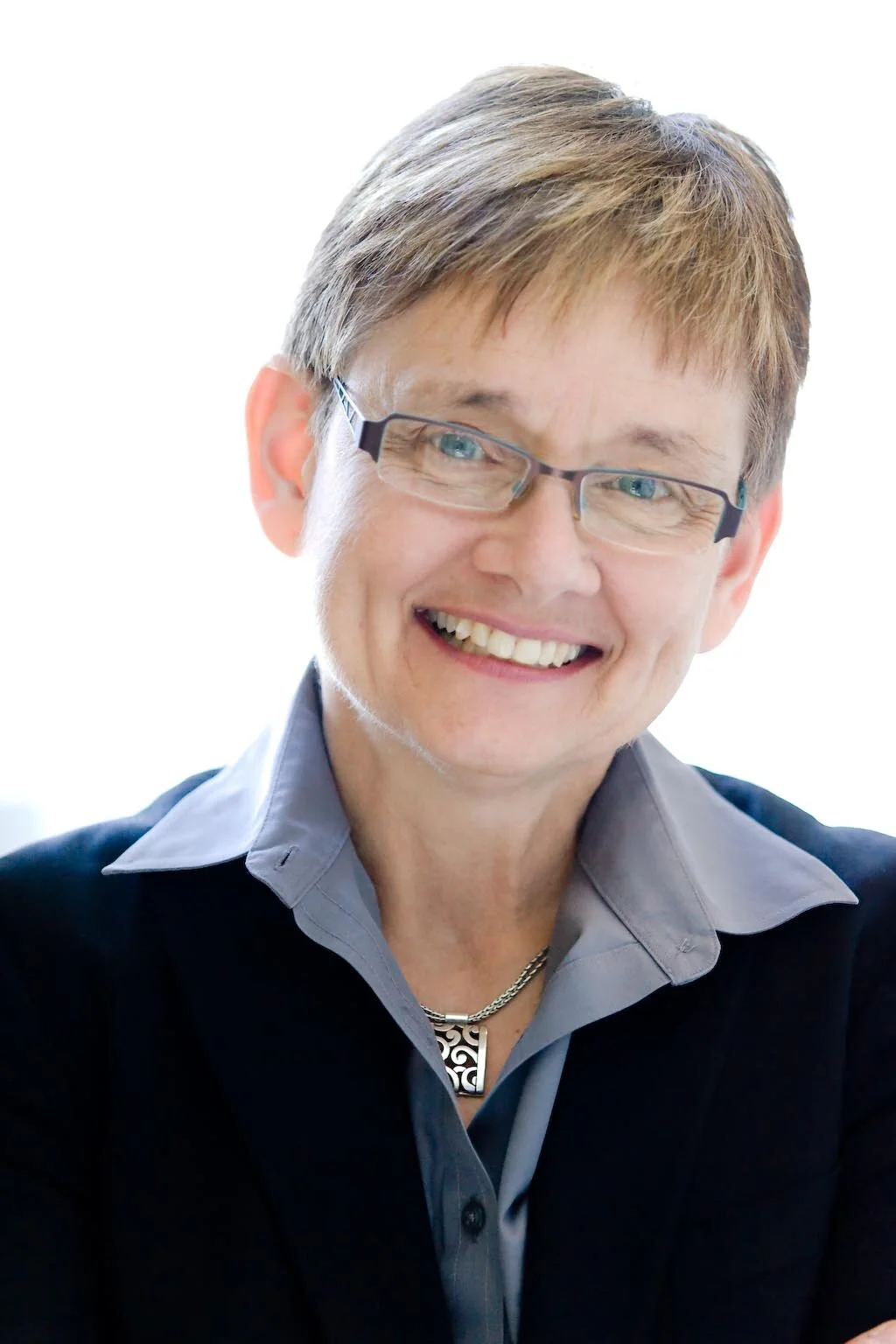February 11, 2021 marks the sixth annual United Nations International Day of Women and Girls in Science. This day is an opportunity to promote full and equal access to—and participation in—science for women and girls.
At CHILD-BRIGHT, a majority of our patient-partners and researchers are women or girls. We’re proud that these members are contributing towards our mandate to improve life outcomes for children with brain-based developmental disabilities and their families.
As part of their mandate, our research project teams collect information relating to the sex and gender of participants, to explore whether interventions have different effects on males/females and boys/girls. They’re guided in their work by our Sex and Gender Champion, a role defined by the CIHR as a researcher who possesses or acquires expertise in the study of sex as a biological variable and/or gender as a social determinant of health.
CHILD-BRIGHT is lucky to have Nancy Poole as our network’s Sex and Gender Champion. Nancy is the Director of the Centre of Excellence for Women’s Health, a research and knowledge exchange centre hosted by BC Women’s Hospital & Health Centre in Vancouver. In that role she leads network development, research and knowledge exchange related to improving policy and service provision in girls’ and women’s health and to advancing sex and gender science overall. She is also the Prevention Lead for the CanFASD Research Network. Nancy has worked with governments and organizations across Canada and internationally, offering creative thinking on complex issues such as the interconnections between substance use problems and the experience of trauma and intimate partner violence. Dedicated to connecting across distance, cultures, genders and sectors, Nancy is a catalyst for bringing knowledge to practice and policy, to promote equity.
In honour of the International Day of Women and Girls in Science, we asked Nancy to tell us more about her role at CHILD-BRIGHT, her perspective on the most pressing issues relating to women and girls in research, and how sex- and/or gender- based analysis can potentially improve our understanding of brain-based developmental disabilities in children and youth.
CHILD-BRIGHT: How would you describe your role at CHILD-BRIGHT?
Nancy Poole: The Sex and Gender Champion helps the research team achieve valid research findings that consider sex and gender issues throughout the research process. In addition to helping the CHILD-BRIGHT team, I facilitate an online community of all Sex and Gender Champions working with research teams in Canada, where all champions help each other in their roles as mentors and consultants on sex and gender issues with their teams.
C-B: In addition to being CHILD-BRIGHT’s Sex and Gender Champion, you’re also the Director of the Centre of Excellence for Women’s Health in Vancouver, Canada, and the Prevention Lead for the CanFASD Research Network. What first inspired you to undertake research in the areas of women’s health and on FASD, respectively?
NP: When working in a shelter for women fleeing violence, I noticed that many women were being prescribed tranquillizers (benzodiazepines) more for social injustice issues than for diagnosed mental health concerns. Their ability to think clearly and to make change in their lives was hampered by these drugs. It started me on a path working with a famous researcher who was studying the over prescription of these medications, Dr. Ruth Cooperstock, and some knowledge exchange experts at Health Canada. We made a kit of information (It’s Just Your Nerves) about the links between the experience of violence, alcohol and tranquillizer use, which I then shared with primary care providers and women’s community groups across Ontario. This work inspired me to see the importance of research as an underpinning of health promotion with women.
C-B: In what way(s) has your experience as a woman in research changed in the span of your career?
NP: My experience as a woman in research has changed in two ways. Firstly, I have been fortunate to have many opportunities opened to me by brilliant mentors. I am now in a position to help other researchers working for the Centre of Excellence for Women’s Health. Secondly, over time I have increasingly appreciated the importance of taking sex and gender into account in health research, given how inadequately that has been done in the past.
C-B: In your view, what are the most pressing issues relating to women and girls in research today?
NP: To me it is important that we advance sex and gender science overall, and we integrate gender transformative approaches in all we do. By gender transformative, I mean approaches that focus on improving gender equity as a route to improving health.
C-B: How can a sex- and/or gender-based analysis potentially improve our understanding of brain-based developmental disabilities in children and youth?
NP: On the sex side, there are many ways in which physical and mental health issues associated with these disabilities are affected by genetics, anatomy, physiology, neurobiology, etc. so that analysis of sex differences is important in order to understand the mechanisms, pathways, risk/protective factors, progression, treatments and outcomes for people with these disabilities. On the gender side, there are many gendered influences determined by family, society and culture on people’s experience of disability, and their ability to access education and other health, social and vocational opportunities, such as gender roles, gendered decision-making power, and gendered institutional regulations such as birth alerts.
Thank you to Nancy for taking the time to share her perspective with us, and for her guidance within our network and research teams! Read more about our 13 research study teams here.


